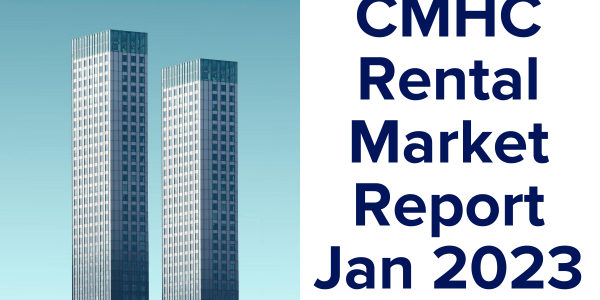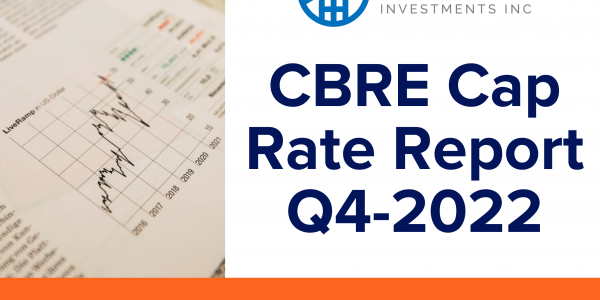Whether you are a landlord, or a tenant, you must know the basic guidelines that rule the rent increase in Ontario. In our previous blog Rent Control in Ontario, we have discussed in detail, the Residential Tenancies Act (2006) that outlines the major rules and regulations governing the behavior and actions of the landlord and tenant. This law came into effect from 1st January, 2007.
Here, in this article, we will discuss all about rent increase guidelines in Ontario. Also, we will discuss the situation and conditions in which the landlord can increase rent above the guidelines and what role the Landlord and Tenant Board plays in allowing them to perform such an increment.
ABOUT RENT & RENTAL PAYMENTS
As soon as a landlord signs a tenancy agreement with a tenant, they decide upon the rental fee for that space – it could be an apartment or any other place of lodging except for commercial properties or hotels.
This rent is fixed for the first 12 months and the landlord can generally not change this amount.
Once the landlord wants to increase the rent, they are required to submit a written notice to the tenant, 90-days prior to the increment date. A proper form can be obtained from the Landlord and Tenant Board, which the landlord can fill for rent increment.
ABOUT RENT INCREASES
Under the Residential Tenancies Act (2006), the landlord is allowed to increase the rent on an annual basis. This can occur 12 months after:
- A tenant has moved into their space
- The last rent increment was done
In the upcoming fiscal year 2023, the rate of rent increase in Ontario has been set by 2.5%. This implies that a rental space for $1000 fee in 2022, will have a rental fee of $1025 in 2023.
Basically, the above mentioned is the rent increase guideline set by the government of Ontario and written formally in the Residential Tenancies Act. A landlord can increase the rent without consulting the Landlord and Tenant Board or asking for their approval – providing they adhere to the guidelines and follow the limits set for them by the government each year.
| Remember: The Residential Tenancies Act (2006) and its guidelines do not apply to new buildings or rental units occupied for residential purposes after 15th November 2018. |
What happens if a landlord wants to increase rent above the guidelines?
In such a situation where the landlord decides to increase rent above the guidelines, then prior permission is sought from the Landlord and Tenant Board.
CONDITIONS GOVERNING RENT INCREASE ABOVE GUIDELINES
There are several conditions on the basis of which a landlord can apply for rent increase to the Landlord and Tenant Board. This application is approved by the board only if:
- The landlord has to pay a higher amount of municipal taxes than before, for the rental space in consideration. There is no limit on the increment that can occur due to increase in municipal or other utility charges.
- The landlord has to give any operating costs like costs of security guards or gardener to any third party.
- The landlord has incurred heavy capital expenditures, by performing major renovations and repair works. In such a case, rent increase cannot occur more than 3% above the guideline in each fiscal year. Also, certain rules for rent increase, set by the government of Ontario apply here which are:
- Before the rent increment is done, the Landlord and Tenant Board will analyse whether the renovation work was actually needed.
- The Board will also proceed to check the maintenance that was done by the landlord, if they still consider it to be non-compliant to their well-set standards of safety then they can reject the application of the landlord. The landlord must then take all following steps to complete the maintenance work as par the standard before applying for a rental increase.
Can the landlord and tenant agree on rent increase above guidelines?
Yes, definitely this can happen if the landlord promises to perform major maintenance and repair works or perhaps, make way to provide a new service to the tenant.
This agreement between the two parties is a written document, the form for which can be obtained from the Landlord and Tenant Board. The highest increment rate is 3% above the guideline and no more than that. The tenant is given a five-days’ time to consider the rent increase and let the landlord know in writing that they are no longer in favour of the increment. Also, if such an agreement between the two occurs on a mutual basis, then the landlord does not have to apply for approval of rent increase with the concerned Board.
When Is the Landlord obliged to decrease rent?
- if the municipal property taxes are reduced by the government, then there will be decline in overhead charges of the landlord.
- If the capital expenditure or any other maintenance or repair work is already paid for.
When can the Tenant apply for Rent decrease?
Under some circumstances, the tenant can also contact the Landlord and Tenant Board to apply for reduction of rental fee:
- If the municipal charges on the space under consideration are reduced by the government.
- If the landlord removes or doesn’t provide for any particular service they had promised to.
What happens if there is any Dispute over Above Guideline Rent Increase?
If the tenant considers the rent increase above the guideline is not justified, then they can contact the Landlord and Tenant Board to solve and settle the case.
IMPORTANT LINKS
Brochure: A Guide to the Residential Tenancies Act





